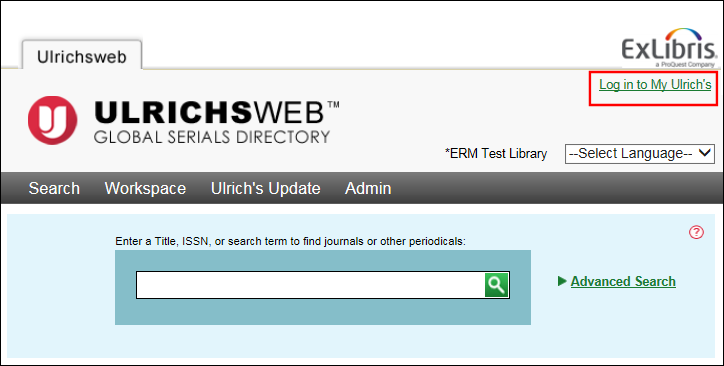Google Scholar ranks your results in part based on the number of times an article has been cited. Since it takes a while for even the best research articles to accumulate a large number of citations this means that Google Scholar will tend to display older research.
To adjust your results so that you can view results from a particular year - or so you can view the most recent research - use one of the date options found on the left-hand side of the page.
It is possible to use the command intitle: in a standard Google Scholar search blank to limit certain words to the title while allowing other words to appear anywhere in the article. Be sure that the term or phrase (which should be typed in quotes) is entered immediately to the right of the colon in intitle:
Example 1 - a search for an article that contains the phrase "mass media" in the title and also contains the word "China" somewhere else in the article:
Example 2 - a search for an article that contains the phrase "internet" in the title as well as the word "censorship" and also contains the phrase "Middle East" somewhere in the article:
Google Scholar provides a powerful way to search articles that have cited a favorite article. Enter the title of a favorite article into Google Scholar then click on the "Cited by" option underneath the entry.
Then be sure to check the Search within citing articles box.
Then enter a concept and search all of the citing articles for that word.
Though Google Scholar doesn't have an option to limit to empirical studies (research) you might be able to modify your searches to increase the odds of retrieving research articles.
Since most research articles include sections titled Discussion and Results you could include both of these words - in quotes - as part of your search.
 Ulrichs Web
Ulrichs Web